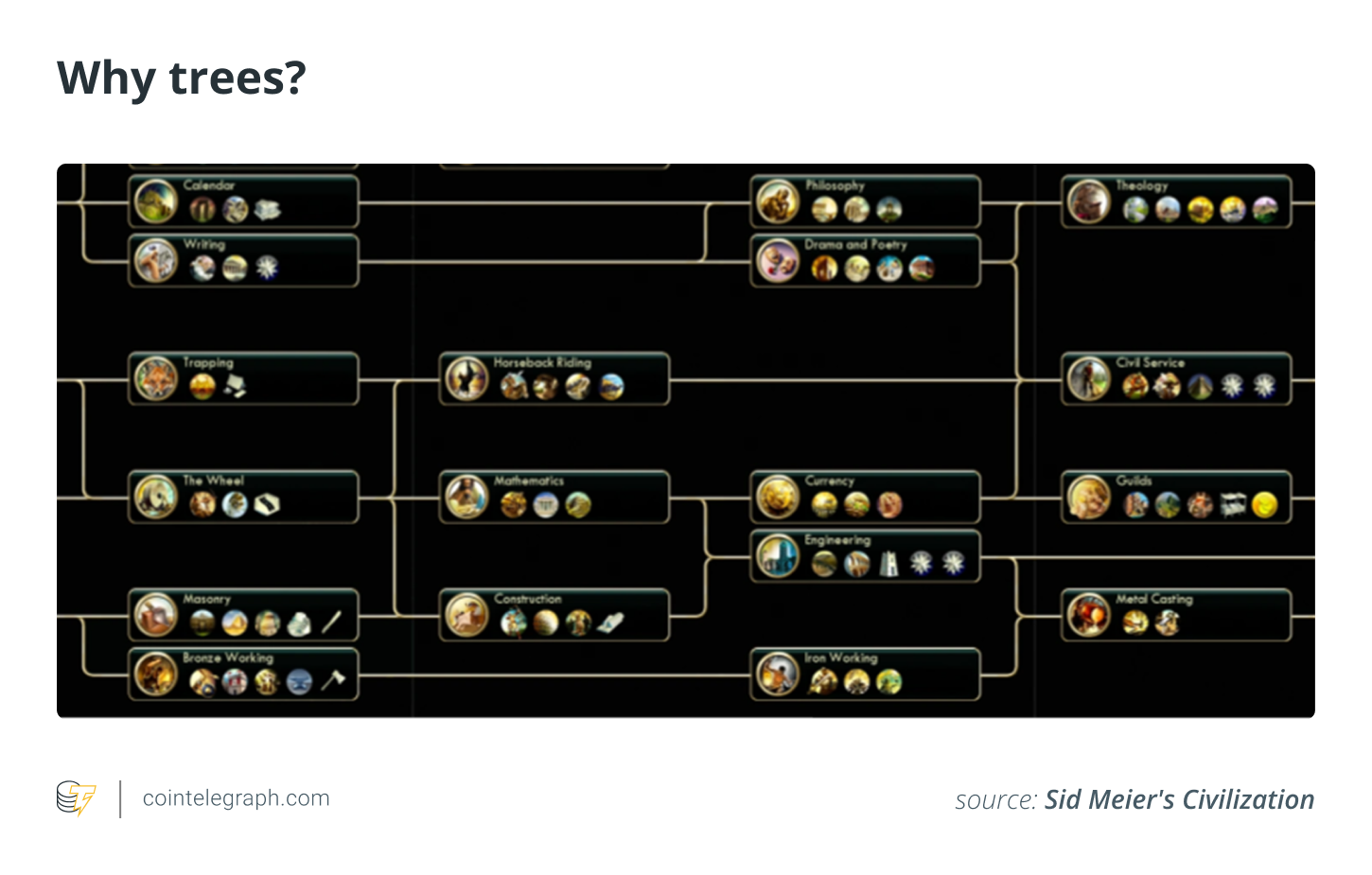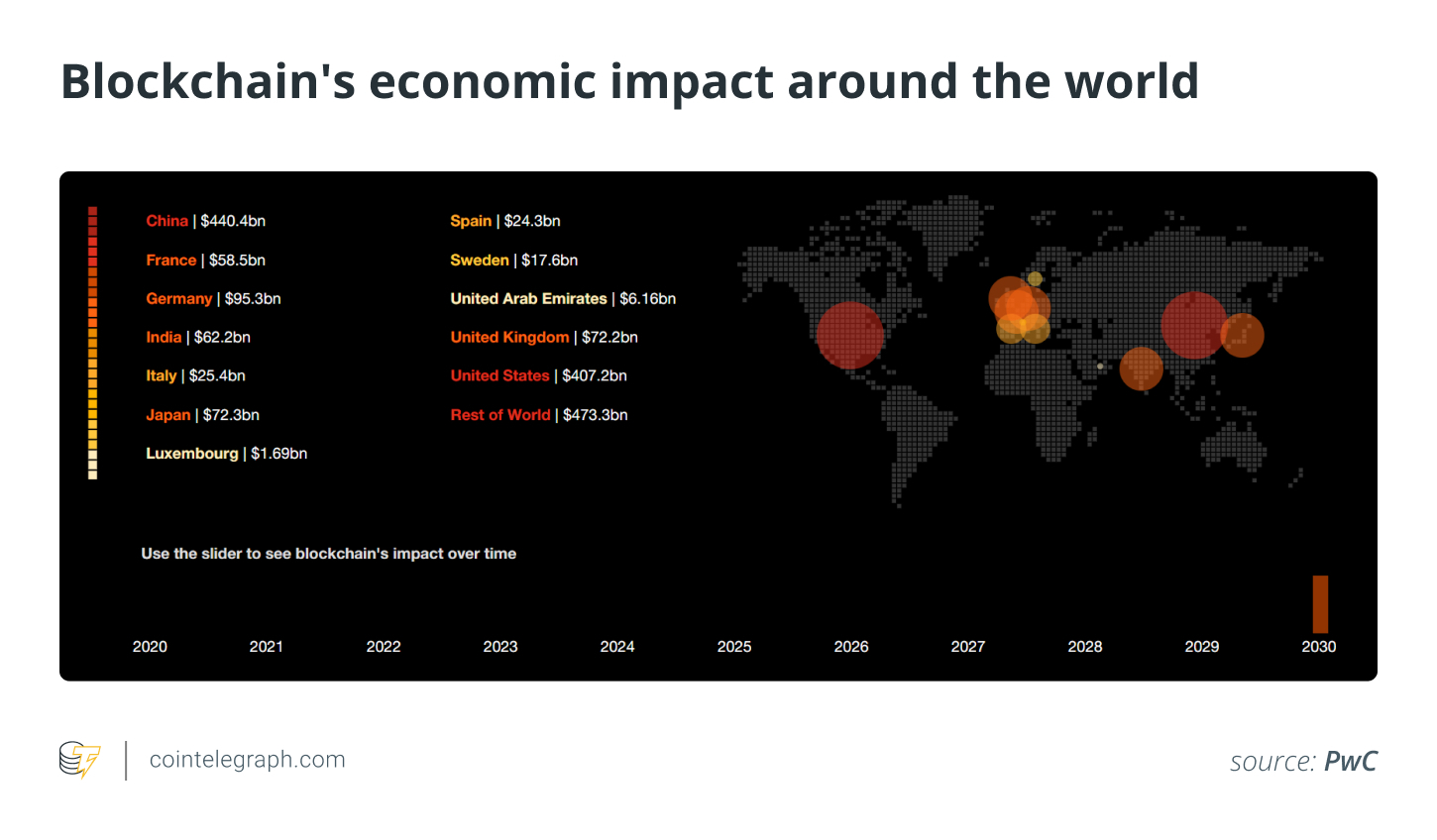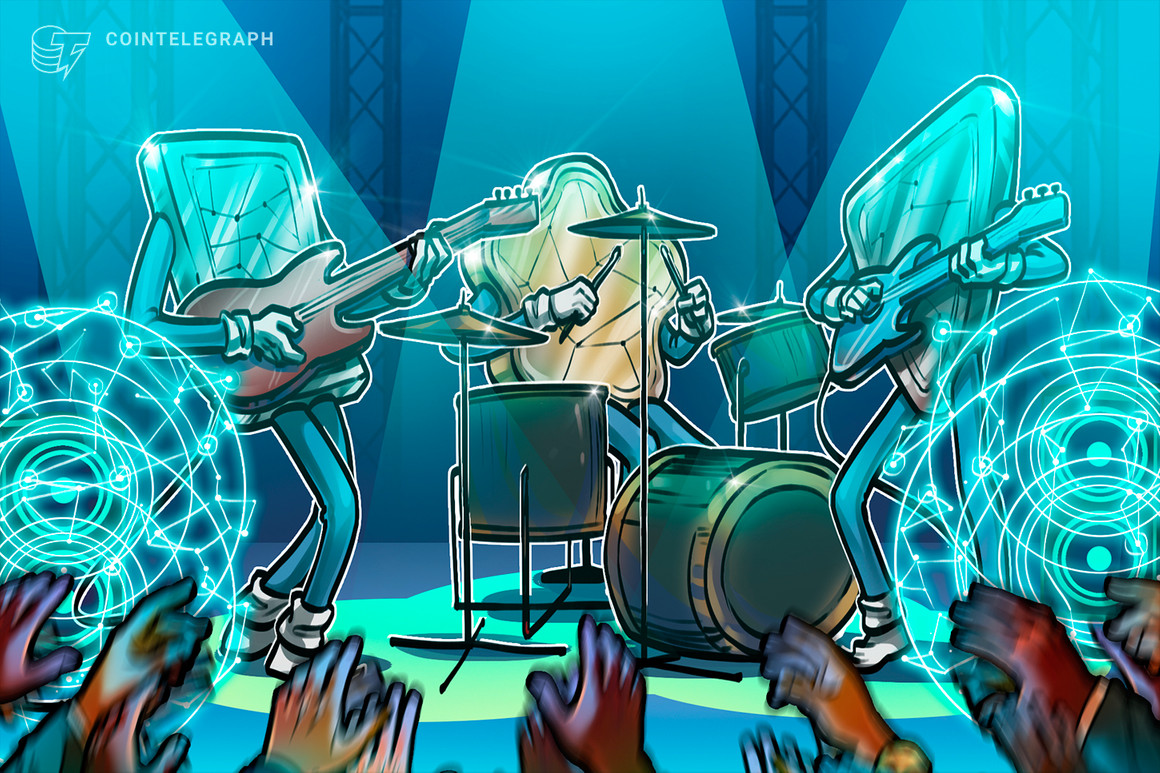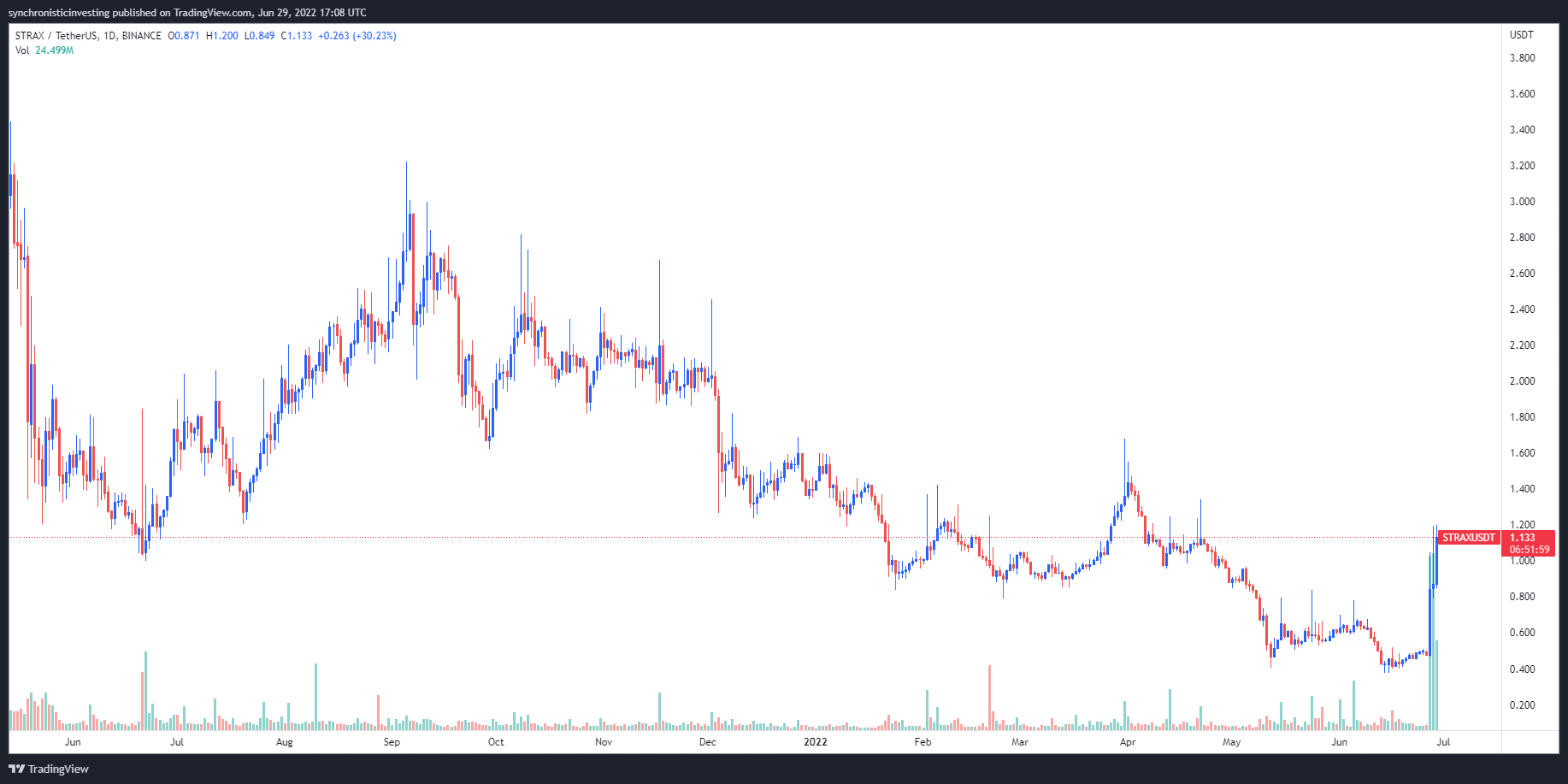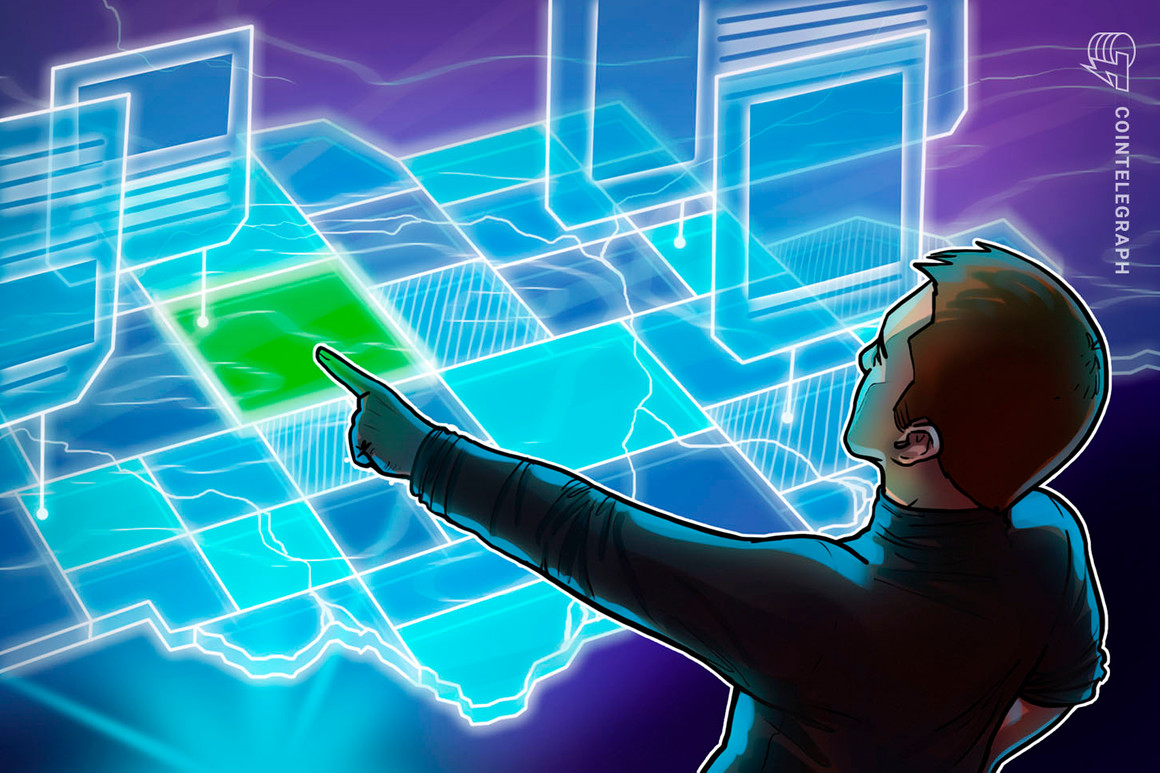The British Web3 community was pleased to celebrate a landmark legal precedent. In May, the High Court of Justice in London, which is the closest analog to the United States Supreme Court’s, ruled that nonfungible tokens (NFT), are “private property.” However, this status does not include the actual content of NFT. Cointelegraph spoke to legal experts to learn more about the implications of this decision on British law.
The theft of Boss Beauties
Lavinia D.Osbourne, founder and CEO of Women in Blockchain Talks, tweeted in February 2022 that two digital works were stolen from Boss Beauties. This 10,000-NFT collection was created by Gen Z change-makers and is featured at the New York Stock Exchange.
These tokens were able to access exclusive events, books for free, and license fees. Osbourne claimed that the pieces were stolen from her MetaMask wallet and later appeared on the OpenSea Market. Mitmark, a security and intelligence company, helped Osbourne locate the NFTs.
The matter was brought before the court in March. On April 29, The Art Newspaper reported the ruling of the United Kingdom’s High Court. The judges recognized NFTs to be property that is protected under law. The court also issued an injunction to stop Ozone Networks from accessing its assets and ordered OpenSea’s disclosure of information about the account holders who had the NFTs. Soon afterward, OpenSea stopped the sale of these NFTs – Boss Beauties numbers 680 & 691.
The identities of the wallet holder remain unknown so the injunction was issued against “persons unknown.” Stevenson Law firm commented on the decision and called a “draconian” (i.e. It was described as a “nuclear weapons” of law, and old-fashioned and harsh.
Osbourne was proclaimed victorious following the court order:
“Women In Blockchain Talks” was created to make blockchain accessible to everyone, regardless of gender, background, age or nationality. This case will hopefully make the blockchain space safer and encourage more people to interact meaningfully with NFTs.
The asset and the token
Racheal Muldoon was the counsel in the case. She said that the ruling “removes all uncertainty that NFTs, as property, are distinct from what they represent under the law of England or Wales.” However, it is precisely this detail that has made experts doubt the court’s groundbreaking decision.
The NFTs already enjoy the property status in their treatment by U.S. Internal Revenue Service. However, the proclaimed distinction between the token and the underlying assets does not fill the legislative gap in the U.K. or the United States. So if you own a token, it is a token. However, you do not have any rights in other things,” Juliet Moringiello (university professor, Widener University Commonwealth Law Schoo), pointed out to Artnet News.
In her opinion piece, Emily Gould , assistant director of the Institute of Art and Law, reminded that U.K. courts’ decisions and regulatory developments over the last few years have been more consistent in categorizing cryptocurrency assets as property. She specifically referred to 2019’s .AA v. People Unknown as well as the “Legal Statement on Cryptoassets and Smart Contracts” report presented by the UK Jurisdiction Taskforce.
Next steps
Cointelegraph was informed by Tom Graham, a U.K.-based CEO, and co-founder at Metaphysic.ai. “This decision does not clarify that distinction.”
Graham said that the ruling set an “interesting precedent” as the court had issued an order prohibiting OpenSea from using its NFTs. This is significant because courts can step in and provide injunctive relief when NFTs are stolen. He said:
It is clear that NFTs are subject to the same U.K. property laws that apply to all other property. This sets a precedent for those who invest in NFTs, that the U.K. court system will protect their property rights.”
Anna Trinh (chief compliance officer at Aquanow digital finance company) stated that while the ruling was not revolutionary but that it is of “executive significance.” NFT platforms may feel more comfortable asking for accounts to be frozen from malevolent actors if there is a legal precedent. Trinh stated:
“I don’t think NFTs being considered private or personal property is a surprise. It is possible to trade, buy or sell NFTs. This essentially means that they are personal property according to first principles. It would have been even more shocking if the court had ruled that NFTs are not personal property.
Trinh does not see any problems with the legal protections provided for the underlying assets. These assets are governed by the contract’s contents at the time of purchase. According to the asset’s nature, both contractual law and intellectual propriety law would apply. Trinh believes that there are other urgent legal issues regulators should pay more attention to such as creators rights.



